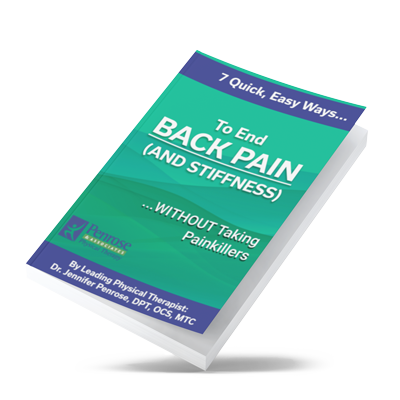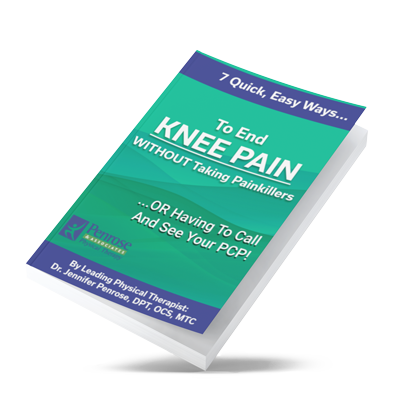I work with clients 40+ and I often hear them say with a chuckle; “Yep, I’m shrinking and my feet are getting bigger.” Honestly, this is no laughing matter. If you are shrinking more than 1/2 an inch a year or more than 1.6 inches in your lifetime then you likely have had a fracture in your spine (the vertebral column) due to soft bones, or what we call osteopenia and osteoporosis. Don’t panic. It’s healed but it has healed in a way that has left you shorter. Think of soft bones/osteoporosis like butter and if you slouch or work in front of a computer most of your day (which is almost all of us) then that can load the vertebrae/bone and cause a “silent compression fracture”. A “silent fracture” means you do not feel it happen! You only notice the loss of height or shrinking over time.
Can we help people gain height? Yes, but not by causing the bones to grow. We have seen patients gain an inch in height by stretching the tight posture muscles and giving them posture activities and yoga type exercises. It is a myth to think that shrinking comes with age. It’s also a myth to think you can’t do anything for the rounded upper back posture. You can improve that rounded upper back posture and certainly prevent it from getting worse. If you are a pre or post-menopausal woman with a rounded upper back posture you certainly need to keep reading. It’s amazing that some things never change. Remember someone along the way likely told you to sit up straight. Walking around with a book on our head might help us to keep a better posture and avoid that awful rounded upper back. I wouldn’t start with that, but instead try sitting with your ears over your shoulders at all times. Next, try intermittently squeezing your shoulder blades together. And don’t forget a brisk walk will do good for your bones and for improving your posture!
Back to the comment about feet getting bigger as we age. That is actually a normal process due to our joints and ligaments wearing out and for some of us our arches seem to flatten out faster. As a result, our feet seem to “grow” but really the joints and ligaments wear out and they flatten out, making the feet spread both length and width wise. This flattening of the foot in the length and width seems to make the feet “grow” or at least cause us to go up in shoe size! Plus, the flattening of our arch and feet actually can put stress on our knees and backs. We don’t need more stress there, as those joints often get degenerative changes as it is! The best way to protect our feet and avoid this would be to wear the right inserts for your foot type. Did you know there are over 15 different foot types? Therefore, finding the right insert needs some expertise. What else can you do about shrinking and soft bones? You should definitely discuss getting a bone scan if you have lost 1/2 an inch of height in a year or 1.6 inches in your lifetime.
You should be on a good Calcium and Vitamin D supplement. Did you know that over the age of 21, our digestive system is only capable of absorbing 20% of the calcium needed from food? Eating foods rich in calcium is not enough. Calcium is required by our heart and muscles to function properly, so if there’s not enough available in the blood stream, our bodies will steal it from our bones and thus our bones get soft (osteopenia and osteoporosis). We also know that tablets are not easily digested and have been found in the intestine in whole form. Using an isotonic supplement (powder that mixes with water) has a 95% absorption rate.
Osteoporosis affects 60% of Americans over the age of 55. It’s a preventable disease. I can’t tell you how many people have their lives completely altered by soft bones. In fact, my grandmother was a very active individual playing senior tennis and qualifying for nationals in her 50’s. However, her advanced osteoporosis changed her lifestyle. If only she had received the right information soon enough to make the right decisions for her health.
The author, Jennifer Penrose, is a Physical Therapist and owner of Penrose Physical Therapy. If you have any questions about balance, falls or osteoporosis, you can call (360) 456-1444 or email jennifer@penrosept.com






